How to Choose the outdoor stage lighting manufacturer and supplier in us?
- How to Choose the Right Outdoor Stage Lighting Manufacturer and Supplier in the US
- Why this guide matters for buyers of outdoor stage lighting
- Understand the buyer’s intent: What people look for when searching outdoor stage lighting
- and common buyer goals
- Key technical specifications to require from a manufacturer
- IP rating and outdoor durability
- Light engine performance: LEDs, lumen output, and color accuracy
- Beam, optics, and lens quality
- Control protocols and connectivity
- Power, heat management, and reliability
- Quality, certifications, and compliance you must verify
- Safety and regulatory certifications
- IP testing and environmental standards
- Manufacturer capabilities and production parameters
- Assess R&D, patents, and product lifecycle
- OEM/ODM experience and customization
- Production capacity, lead times, and supply chain resilience
- Why production numbers and lead times matter
- Quality control, testing, and warranty policies
- Factory testing and QA procedures
- Warranty and after-sales support
- Cost versus lifetime value: evaluating total cost of ownership
- Upfront price, energy savings, and maintenance
- Logistics, import, and local distribution considerations
- Shipping, customs, and US distribution partners
- References, case studies, and client validation
- What to ask for from suppliers
- Comparative checklist: how to score suppliers
- Use this comparison table to evaluate prospective manufacturers
- How LQE fits the needs of US buyers for outdoor stage lighting
- LQE’s strengths and what to evaluate further
- Best practices when evaluating bids and samples
- Inspect, test, and run field trials
- Negotiation tips and contract considerations
- Include performance and delivery clauses
- Conclusion: Make selection based on performance, safety, and long-term value
- Final checklist to make the decision
- References and sources
- Documents and organizations referenced
How to Choose the Right Outdoor Stage Lighting Manufacturer and Supplier in the US
Why this guide matters for buyers of outdoor stage lighting
Choosing a reliable outdoor stage lighting manufacturer and supplier is a business decision with technical, financial, and reputational consequences. Buyers—whether rental companies, event producers, municipalities, or venues—searching for outdoor stage lighting need clear criteria to evaluate suppliers, understand technical requirements like IP ratings and color performance, and balance cost with long-term value.
Understand the buyer’s intent: What people look for when searching outdoor stage lighting
and common buyer goals
People searching for outdoor stage lighting typically want: product reliability for weather-exposed installations, energy-efficient LED solutions, compatibility with industry control protocols (DMX/RDM/Art-Net), safety and regulatory compliance, and transparent pricing or OEM/ODM partnership options. This guide answers these needs and helps you shortlist US suppliers or international manufacturers with US distribution.
Key technical specifications to require from a manufacturer
IP rating and outdoor durability
Outdoor stage lighting must withstand rain, dust, humidity, and temperature swings. Request IP65 as the minimum for most outdoor fixtures; IP66 or IP67 is preferred for frequent exposure or installations near spray, fog, or coastal environments. Confirm gasket materials, sealed connectors, and conformal PCB coating.
Light engine performance: LEDs, lumen output, and color accuracy
Assess LED fixture lumen output, system efficacy (lm/W), CRI/TLCI, and color temperature range. For outdoor concert and theatrical work, high CRI (80+ for color rendering, 90+ where skin tones matter) and accurate white balance are important. Modern LED fixture efficacy commonly ranges from 80–160 lm/W depending on optics and power; confirm photometric data from the manufacturer.
Beam, optics, and lens quality
Outdoor stages need a variety of beam angles—beams for long-throw front lighting, wide washes for audience and cyclorama washes, and narrow spots for aerial effects. Request photometric files (IES/IESNA) and beam angle specifications. Good optical design reduces light loss and improves uniformity on stage.
Control protocols and connectivity
Ensure fixtures support DMX512 and, increasingly, Art-Net and sACN for network-based systems. RDM allows remote configuration and troubleshooting. For outdoor festivals and large events, network stability and redundant paths are often required.
Power, heat management, and reliability
Outdoor fixtures should have robust thermal design—aluminum housings, heat-sinking, and intelligent thermal protection. Verify operating temperature range and thermal derating specs. Ask for MTBF (mean time between failures) or expected LED life (many quality LEDs are rated 50,000–100,000 hours).
Quality, certifications, and compliance you must verify
Safety and regulatory certifications
For US installations, look for ETL or UL recognition, CE if importing from abroad, FCC (for wireless control), and RoHS compliance for hazardous substances. Certifications reduce liability and simplify insurance and permitting.
IP testing and environmental standards
Request third-party IP and ingress test reports as well as vibration and shock testing for touring equipment. Compliance with IEC 60529 (IP code) and relevant IEC standards indicates rigorous testing.
Manufacturer capabilities and production parameters
Assess R&D, patents, and product lifecycle
A manufacturer with active R&D, patents, and a documented product roadmap reduces the risk of obsolete or unsupported gear. LQE, for example, was founded in 2008 in Foshan, China, has about 10,000 m2 production base, an annual capacity around 100,000 fixtures, and holds 80 national patents—indicative of substantial R&D investment and production scale.
OEM/ODM experience and customization
If you need branded fixtures, unique optics, or firmware tweaks, confirm the supplier's OEM/ODM experience, typical lead times for customization, and minimum order quantities. Manufacturers experienced in OEM/ODM help accelerate market-specific versions and adapt fixtures to US standards.
Production capacity, lead times, and supply chain resilience
Why production numbers and lead times matter
Large events and rental fleets require consistent supply. Ask manufacturers about maximum annual output, typical lead times for stock vs. custom orders, and contingency plans for chip or component shortages. LQE's stated annual production of 100,000 fixtures is a useful benchmark for high-volume supply capability.
Quality control, testing, and warranty policies
Factory testing and QA procedures
Require documented QC processes: 100% burn-in testing, photometric verification, IP testing, and random sampling audits. Tour-grade outdoor stage lighting should pass extended burn-in and thermal cycling tests.
Warranty and after-sales support
Compare warranty terms (commonly 2–5 years). Confirm spare parts availability, repair turn-around times, and whether the manufacturer operates local support or authorized service centers in the US. A robust RMA process and US-based parts stock reduce downtime for rental companies and venues.
Cost versus lifetime value: evaluating total cost of ownership
Upfront price, energy savings, and maintenance
LED outdoor stage lighting often has a higher upfront cost than traditional lamps but offers lower operating costs: energy savings (LEDs typically use 50–75% less energy than incandescent fixtures) and longer service intervals. Factor in replacement lamp costs, fixture longevity, and typical repair costs.
Logistics, import, and local distribution considerations
Shipping, customs, and US distribution partners
For non-US manufacturers, verify import documentation support, typical shipping times, and whether there is a US-based distributor or stocking warehouse. Domestic distribution shortens lead times and simplifies warranty handling.
References, case studies, and client validation
What to ask for from suppliers
Request case studies of similar outdoor projects, client references in the US, and examples of rental houses or venues using the fixtures in harsh conditions. Video or photo evidence of installations and third-party rental reports are strong validation signals.
Comparative checklist: how to score suppliers
Use this comparison table to evaluate prospective manufacturers
| Criteria | What to expect / Benchmark | Why it matters |
|---|---|---|
| IP Rating | IP65 minimum; IP66–IP67 ideal | Ensures reliability in rain, dust, and outdoor environments |
| Photometric data | IES files; lm output and beam angles | Verifies actual light performance and planning accuracy |
| Certifications | ETL/UL, CE, RoHS, FCC | Simplifies permitting and reduces liability |
| Warranty | 2–5 years; clear RMA policy | Protects investment and reduces downtime |
| Production capacity | 10k+ fixtures/year for stable supply; LQE: ~100k | Ensures large orders and replacements are deliverable |
| OEM/ODM ability | Custom options and firmware support | Important for branding and specialized specifications |
| After-sales & spares | US parts availability or fast shipping | Reduces operational downtime |
How LQE fits the needs of US buyers for outdoor stage lighting
LQE’s strengths and what to evaluate further
LQE, founded in 2008 in Foshan, China, is an established OEM/ODM manufacturer specializing in medium- and high-end digital stage lighting. With a 10,000 m2 production base, annual capacity near 100,000 fixtures, and 80 national patents, LQE demonstrates strong R&D and production capabilities. Their product range—moving head lights, static fixtures, and more—serves theaters, concerts, studios, houses of worship, theme parks, and rental fleets. For US buyers, confirm local stocking, ETL/UL recognition for relevant models, warranty servicing plans in the US, and any US-based distribution or technical support.
Best practices when evaluating bids and samples
Inspect, test, and run field trials
Always request loaner samples or demo units for a venue test. Run fixtures through expected operating cycles, test control compatibility, simulate weather exposure, and collect photometric data. Ask for a detailed bill of materials and component brands (power supplies, LEDs, fans) to assess long-term maintainability.
Negotiation tips and contract considerations
Include performance and delivery clauses
Negotiate clear lead time commitments, stock levels for spare parts, acceptance criteria for delivered goods, and penalties or remedies for missed delivery or performance failures. Specify software/firmware update policies and intellectual property ownership when ordering customized fixtures.
Conclusion: Make selection based on performance, safety, and long-term value
Final checklist to make the decision
Prioritize manufacturers and suppliers that provide: verified IP/ingress testing, photometric data and IES files, US-relevant certifications (ETL/UL), robust warranty and spare parts availability, documented R&D and production capacity, and positive references from similar outdoor applications. Balancing upfront cost with energy savings, downtime risk, and serviceability will deliver the best long-term value for your outdoor stage lighting investments.
References and sources
Documents and organizations referenced
- U.S. Department of Energy (DOE) guidance on LED energy savings and performance (DOE publications on LED benefits and energy savings).
- IEC 60529 standard for IP (Ingress Protection) ratings.
- Typical LED lifetime and efficacy data from major LED manufacturers and industry white papers (industry consensus: many quality LEDs rated 50,000+ hours).
- Common safety and certification practices (UL/ETL, CE, RoHS, FCC) used in lighting equipment compliance.
- LQE company profile and production figures as provided by the client: founded 2008, headquartered in Foshan, ~10,000 m2 production base, ~100,000 fixtures/year capacity, 80 national patents.
Everything You Need to Know About wash light moving head
Top floor stage lights Manufacturers and Suppliers in us
Where to Buy professional stage lighting
The latest trends for stage light in us 2026 | LQE Ultimate Insights
Distributor
What are the advantages of becoming an LQE distributor?
Access to high-performance, patented lighting products
Competitive factory pricing and excellent profit margin potential
Strong R&D capabilities with 80+ national patents
Reliable production capacity: 100,000 units annually
Dedicated account manager to support your growth
How can I apply to become a distributor?
Simply fill out the contact form on this page or email us directly with your company information, market background, and cooperation intention. Our sales team will get in touch with you within 1–2 business days.
Is there a minimum order quantity (MOQ) to become a distributor?
MOQ requirements vary based on the product line and market region. However, for long-term distribution partnerships, we are flexible and can start with a trial order to build trust.
What support does LQE offer to its distributors?
We provide our distributors with a full package of support, including:
Marketing materials and product catalogs
Technical training and manuals
Fast-response after-sales service
Exclusive regional pricing and policies (for qualified partners)
Priority access to new products and updates
1000w
Do You Supply After-Sale Service?
LQE lighting offers 7x24 hrs systematic SOP customer support with dedicated personnel, ensuring quick and comprehensive assistance for stage lighting needs.
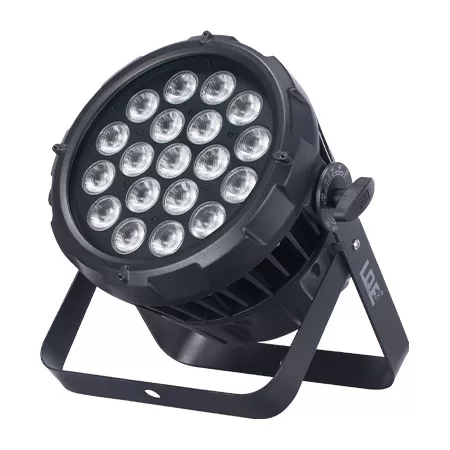
Outdoor Stage Concert Light OD1910
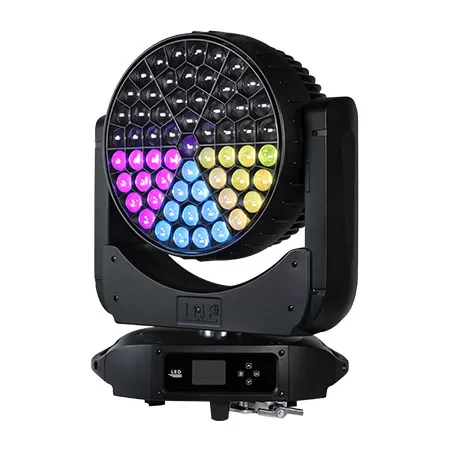
1000w 61x40w RGBW Stage Moving Head Wash Light LW1000
1000W 61x40W LED RGBW Mulichips Moving Head Wash Lights with Zoom (5°–50°), Covering Large Range and Long Distance. Designed to deliver a 5°–50° ultra-large zoom range to achieve a greater wash effect, illuminating stages and events with stunning lighting effects.
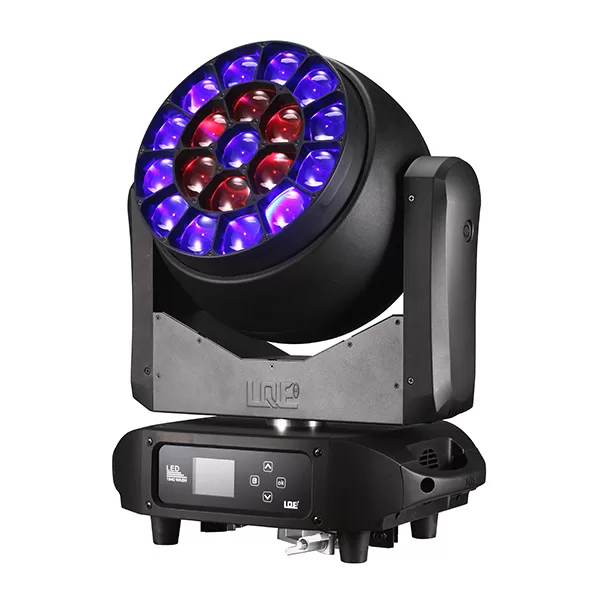
600w 19x40w RGBW Stage Moving Head Wash Light LW600 Zoom IP20
600W 19x40W LED RGBW Mulichips Moving Head Wash Lights with Zoom (5°–50°), Covering Large Range and Long Distance. IP20: Designed to deliver a 5°–50° ultra-large zoom range to achieve a greater wash effect, illuminating stages and events with stunning ring control lighting effects.
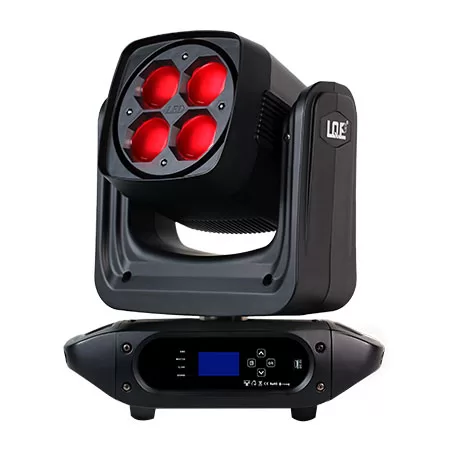
LED Moving Head Stage Wash Light LW200Z
The versatile moving head stage light provides a powerful lighting solution for theaters, concerts, and large outdoor performances. Suitable for theaters, TV stations, entertainment stages, and large outdoor performance scenes.

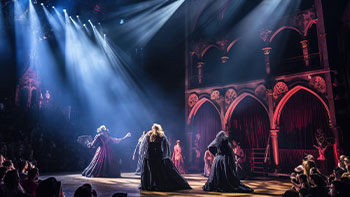
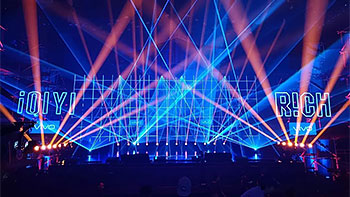
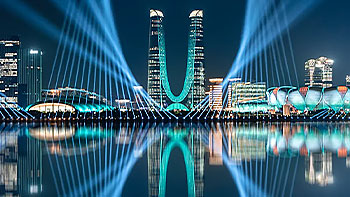
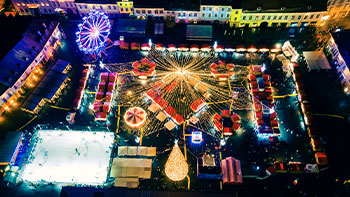
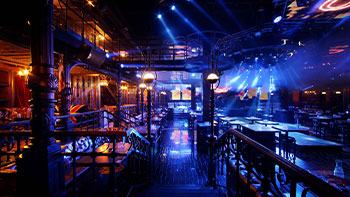
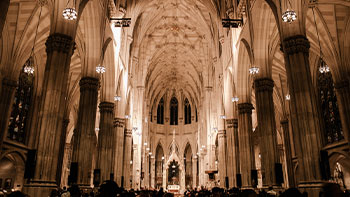






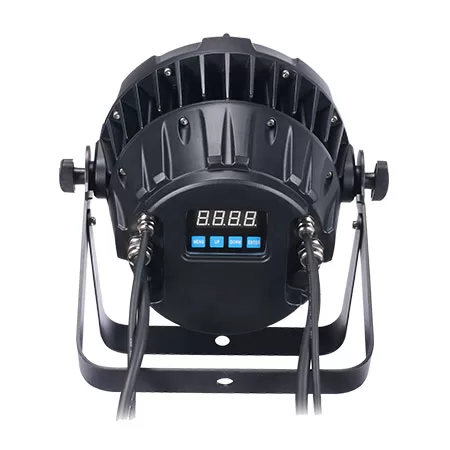
Linkedin
YouTube
Whatsapp: +8618924548390
TikTok